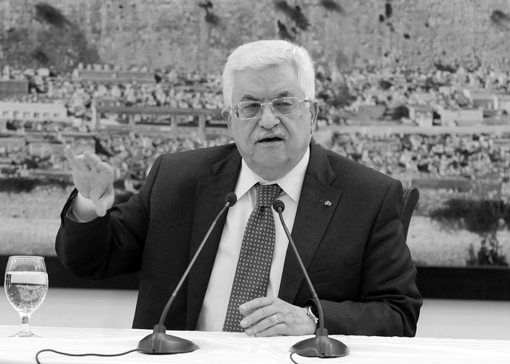The Hamas-Fatah reconciliation pact paves the way for Israel to make a deal with the entire Palestinian polity
By MOSHE GIT
The recent rapprochement between Fatah and Hamas is the best thing that could have happened for the peace negotiations between Israel and the Palestinians and the best thing that could happen to Israel.
Until now, the negotiations were strictly with Fatah’s representatives, and they constituted a charade. For even if the Palestinians were to accede to all of Israel’s terms, the Jewish state would have gained nothing. The Arab negotiators didn’t represent the majority of the Palestinian people and the more popular Hamas could, and likely would, have disowned the outcome.
Israel was on track to give up substantial assets in exchange for a worthless paper produced by the so-called agreement with Palestinian Authority President Mahmoud Abbas. The unity agreement between Fatah and Hamas saved Israel from this pitfall.

Moreover, Hamas, in agreeing to form a unified government with Fatah under Abbas — without opposing the P.A. leader’s present negotiations with Israel towards a two-state solution and his ongoing recognition of and cooperation with Israel — is abandoning its historical stand against the existence of Israel and in favor of armed struggle against the “Zionist entity.”
Israel should have applauded this overwhelmingly positive development. Netanyahu and his cohorts indeed greeted this development positively, but for the opposite reason: they now found an excuse to withdraw from the negotiations. The sad thing is that this latest reaction on the part of Israel dismayed the U.S., which has now declared that they are stepping back from the negotiations and will let the parties determine the course of future talks.
In the collapse of peace talks that were announced in July of last year, many hopes were dashed. Israel and the Palestinians find themselves back at square one.
Those who have maintained all along that Netanyahu was insincere in his support of a two-state solution have been proven right.
***
Moshe Git lives in Minnetonka.
(American Jewish World, 5.23.14)




















